Introductory Algebra provides a curriculum focused on foundational concepts that prepare students for success in Algebra I. Through a “Discovery-Confirmation-Practice”-based exploration of basic concepts, students are challenged to work toward a mastery of computational skills, to deepen their understanding of key ideas and solution strategies, and to extend their knowledge through a variety of problem-solving applications.
Course topics include integers; the language of algebra; solving equations with addition, subtraction, multiplication, and division; fractions and decimals; measurement; exponents; solving equations with roots and powers; multi-step equations; and linear equations.
Within each Introductory Algebra lesson, students are supplied with a scaffolded note-taking guide, called a Study Sheet, as well as a post-study Checkup activity that provides them the opportunity to hone their computational skills by working through a low-stakes, 10-question problem set before starting formal assessment. Unit-level Introductory Algebra assessments include a computer-scored test and a scaffolded, teacher-scored test.
The course is built to state standards and informed by the National Council of Teachers of Mathematics (NCTM).
2 semesters, 1 credit

